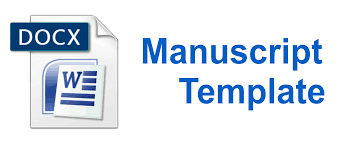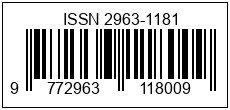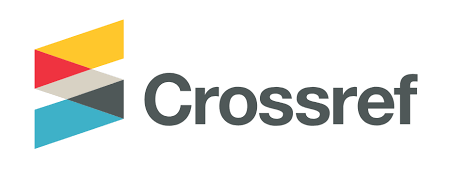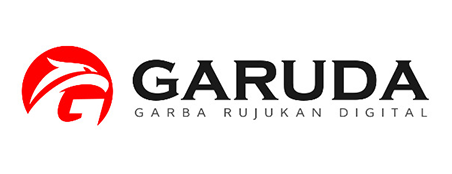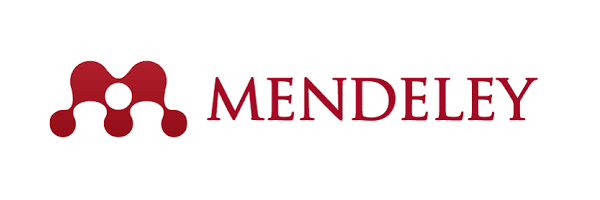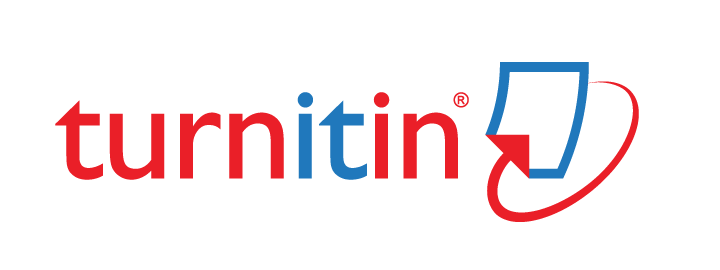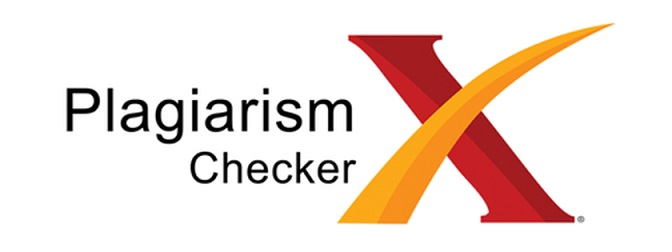Determinan Tax Avoidance: Kualitas Audit Sebagai Variabel Moderasi Menggunakan Regression Analysis
Keywords:
Audit Quality, Institutional Ownership, Leverage, Managerial OwnershipAbstract
Tax avoidance is a transaction scheme to reduce the tax burden by exploiting weaknesses in state tax provisions.This study aims to determine and examine the effect of institutional ownership, managerial ownership, and leverage on tax avoidance with audit quality as a moderating variable. The data source in this study is the financial statement data of retail companies listed on the Indonesia Stock Exchange for the period 2018-2022. The total population was obtained as many as 32 companies, then the sample of this study was obtained by purposive sampling technique which resulted in a sample of 27 companies for further research. The analysis technique used is multiple linear regression analysis managed through SPSS 25. The results of this study indicate that institutional ownership affects tax avoidance, while managerial ownership, and leverage have no effect on tax avoidance. In addition, this study shows that audit quality is able to moderate institutional ownership, managerial ownership, and leverage on tax avoidance.
Downloads
References
Amaliyah, F., & Herwiyanti, E. (2019). Pengaruh Kepemilikan Institusional, Dewan Komisaris Independen, dan Komite Audit Terhadap Nilai Perusahaan Sektor Pertambangan. 9(3), 187–200.
Amri, M. (2017). Pengaruh Kompensasi Manajemen Terhadap Penghindaran Pajak Dengan Moderasi Diversifikasi Gender Direksi Dan Preferensi Risiko Eksekutif Perusahaan Di Indonesia. Jurnal ASET (Akuntansi Riset), 9(1), 1. https://doi.org/10.17509/jaset.v9i1.5253
Arianandini, P. W., & Ramantha, I. W. (2018). Pengaruh Profitabilitas, Leverage, dan Kepemilikan Institusional Pada Tax Avoidance. E-Jurnal Akuntansi, 22, 2088. https://doi.org/10.24843/eja.2018.v22.i03.p17
Ariska, M., Fahru, M., & Kusuma, J. W. (2020). Leverage, Ukuran Perusahaan dan Profitabilitas dan Pengaruhnya Terhadap Tax Avoidance Pada Perusahaan Sektor Pertambangan di Bursa Efek Indonesia Tahun 2014-2019. Jurnal Revenue : Jurnal Ilmiah Akuntansi, 1(1), 133–142. https://doi.org/10.46306/rev.v1i1.13
Damayanti & Susanto. (2016). Pengaruh Komite Audit, Kualitas Audit, Kepemilikan Institusional, Risiko Perusahaan dan Return on Assets terhadap Tax Avoidance. Esensi, 5(2), 195.
Dharmawan & Sukharta. (2020). Faktor – Faktor Yang Mempengaruhi Terjadinya Tax Avoidance Pada Perusahaan Manufaktur Yang Terdaftar Di Bursa Efek Indonesia. Solusi, 18(2), 143–161.
Dhypalonka, M. R. (2018). Pengaruh Kepemilikan Institusional, Kepemilikan Manajerial, Profitabilitas, Leverage dan Komisaris Independen terhadap Tax Avoidance pada Industri Perbankan. 21, 1–9.
Fauzan, M. R., & Khairunnisa. (2019). Pengaruh Kepemilikan Manajerial, Kepemilikan Institusional, dan Board Diversity Terhadap Nilai Perusahaan (Studi Kasus Pada Perusahaan Manufaktur Sektor Industri Konsumsi Barang Konsumsi Yang Terdaftar di Bursa Efek Indonesia Tahun 2013-2017). E Proceding of Management, 6(2), 3300–3309.
Imanta. (2012). Kepemilikan Manajerial, Kepemilikan Institusional, dan Kinerja Keuangan Sebagai Penentu Struktur Modal Perusahaan. Jurnal Dinamika Manajemen, 4(1), 69–81.
Jensen, M., & Meckling, W. (1976). Theory of the firm: Managerial behavior, agency costs, and ownership structure. The Economic Nature of the Firm: A Reader, Third Edition, 283–303.
Kalbuana, N., Widagdo, R. A., & Yanti, D. R. (2020). Pengaruh Capital Intensity, Ukuran Perusahaan, Dan Leverage Terhadap Tax Avoidance Pada Perusahaan Yang Terdaftar Di Jakarta Islamic Index. Jurnal Riset Akuntansi Politala, 3(2), 46–59. https://doi.org/10.34128/jra.v3i2.56
Krisna, A. M. (2019). Pengaruh Kepemilikan Institusional dan Kepemilikan Manajerial pada Tax Avoidance dengan Kualitas Audit sebagai Variabel Pemoderasi. Jurnal Ekonomi, Bisnis Dan Akuntansi, 18(2), 82–91.
Mutmainah, Puspitaningtyas, Z., & Puspita, Y. (2019). Pengaruh Kebijakan Dividen, Keputusan Investasi, Ukuran Perusahaan Dan Kepemilikan Manajerial Terhadap Nilai Perusahaan. Buletin Studi Ekonomi, 24(1), 18. https://doi.org/10.24843/bse.2019.v24.i0 1.p02
Ngadiman. (2014). Pengaruh Leverage, Kepemilikan Institusional dan Ukuran Perusahaan terhadap Penghindaran Pajak (Tax Avoidance) pada Sektor Manufaktur yang Terdaftar di BEI 2010-2012. Jurnal Akuntansi, XVIII(03), 408–421.
Nurlis, N., Indriawati, F., & Ariani, M. (2021). Effect of Earning Management and Corporate Social Responsibility Disclosure on Tax Avoidance with Firm Size as a moderating variable, Survey on manufacturing companies listed on the Indonesia Stock Exchange. International Journal of Management Studies and Social Science Research, 3(3), 95–103.
Purba, N. M. B., & Effendi, S. (2019). Pengaruh Kepemilikan Manajerial dan Kepemilikan Institusional Terhadap Nilai Perusahaan Pada Perusahaan Manufaktur Yang Terdaftar di BEI. Jurnal Akuntansi Barelang, 3(2), 64–74.
Sari, D. (2015). Konsep Dasar Perpajakan. In Bandung: Refika Aditama.
Sugiyono. Metode Penelitian Pendidikan Pendekatan Kuantitatif, Kualitatif, dan R&D. Bandung, Alfabeta, 2013.
Suprimarini, N. P. D., & H, B. S. (2017). Pengaruh Corporate Social Responsibility, Kualitas Audit, Dan Kepemilikan Institusional Pada Agresivitas Pajak. E-Jurnal Akuntansi Universitas Udayana, Volume 19, No 2, pp. 1349–1377.
Qintharah, Y. N., & Utami, F. L. (2021). the Effect of Company Size and Financial Distress on Going Concern Audit Opinions With Opinion Shopping As Moderation Variables. Journal Ilmiah Manajemen Dan Bisnis, 7(1), 81–100.
Downloads
Published
How to Cite
Issue
Section
License
Copyright (c) 2024 Yulia Agustina, Swarmilah Hariani

This work is licensed under a Creative Commons Attribution-ShareAlike 4.0 International License.


